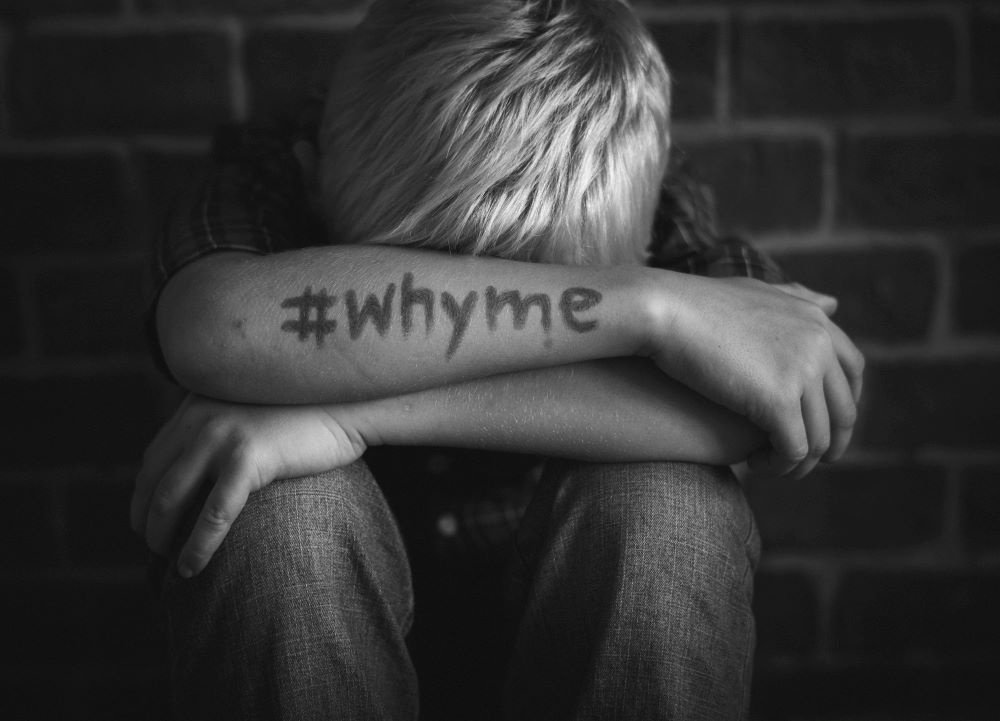Childhood Trauma: Understanding the Impact and Finding HelpPosted by Marta on January 28th, 2024
Childhood trauma results from frightening, dangerous, or violent events that overwhelm a child’s ability to cope. While a single distressing event can constitute a trauma, ongoing abuse, neglect, loss, and exposure to domestic violence also cause lasting harm. Without appropriate support, childhood trauma casts a lifelong shadow. However, with caring treatment, survivors can move into the light. Common EffectsChildren endure trauma in all socioeconomic, cultural, and family subsets of society today. Childhood trauma stems from experiences like:
Survivors often grapple with trusting others, regulating emotions, maintaining self-esteem, and feeling in control of life events. They frequently report sensations of hyperarousal and jumpiness, disconnectedness or numbness when recalling the past, unexplained pains, and difficulty concentrating. Childhood trauma also elevates adult risk for conditions like depression, addiction, chronic disease, and post-traumatic stress disorder (PTSD). Without treatment, many survivors rely on unhelpful coping behaviors like substance abuse, dissociation from emotions, denial, and self-harm. Breaking free requires courageously facing pain, releasing shame, and constructing new patterns. Seeking HelpVarious evidence-based treatment approaches empirically help those healing from childhood adversity. Traditional talk therapies provide critical emotional validation and support. However, directly processing traumatic memories and acquiring concrete life skills prove essential for lasting change. EMDREye Movement Desensitization and Reprocessing (EMDR) utilizes bilateral stimulation like eye movements, taps or sounds while recalling past traumas. This simultaneous “dual attention” disrupts the brain’s typical processing of emotionally intense memories. EMDR therapy efficiently accesses traumatic memories and their associated negative beliefs for reprocessing. It directly relieves felt disturbances held in the body and mind. Skills TrainingDialectical Behavior Therapy (DBT) builds critical coping skills to better handle painful emotions when they surface. Mindfulness, distress tolerance techniques, interpersonal effectiveness training, and emotion regulation practice help stabilize mood and behavior. Group DBT classes provide additional peer support. Attachment-Based TherapiesTreatments focusing on safe, stable and nurturing relationships retrain secure attachment patterns. Compassion-focused therapy explicitly develops self-compassion as an “antidote” to childhood neglect or abuse. Transference-focused psychotherapy explores how childhood caregiver relationships transfer into current dynamics. Corrective emotional experiences in therapy counteract negative relational assumptions.
Beginning the Healing JourneyFriends or family may first notice symptoms of childhood trauma before survivors recognize them within themselves. Consider gently raising known history or witnessed warning signs to prompt evaluation. However, tread lightly and without judgment, as denial frequently occurs initially. Recognize symptoms often represent attempts to cope rather than character flaws. While early traumas cannot disappear, their residual scars can soften over time through caring awareness and help. Numerous fellow survivors walk this challenging yet liberating path today. You do not need to walk alone without guidance. Understanding the widespread impacts of childhood adversity, and entering into compassionate therapeutic relationships, constitutes the first step. The future awaits free of the past’s persistent shadow. The Resilient Mind Psychotherapy team is comprised of a collection of committed psychotherapists whose primary objective is to provide their clients with exceptional treatment. In order to promote healing and individual growth, Resilient Mind Psychotherapy in Brooklyn, New York City https://resilient-mind.com/ employs evidence-based therapeutic methods and places a premium on creating a safe and supportive environment. Like it? Share it!More by this author |




